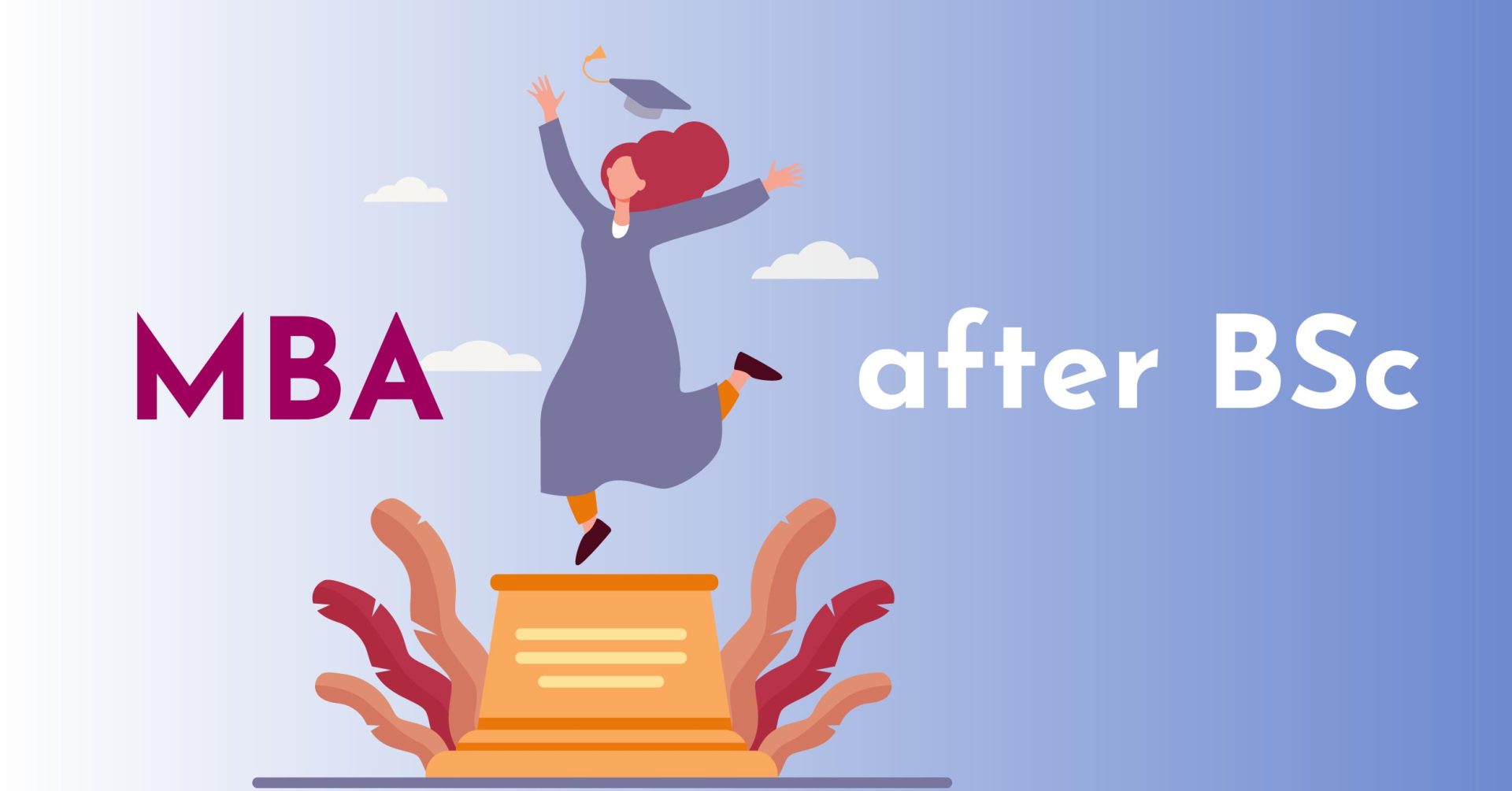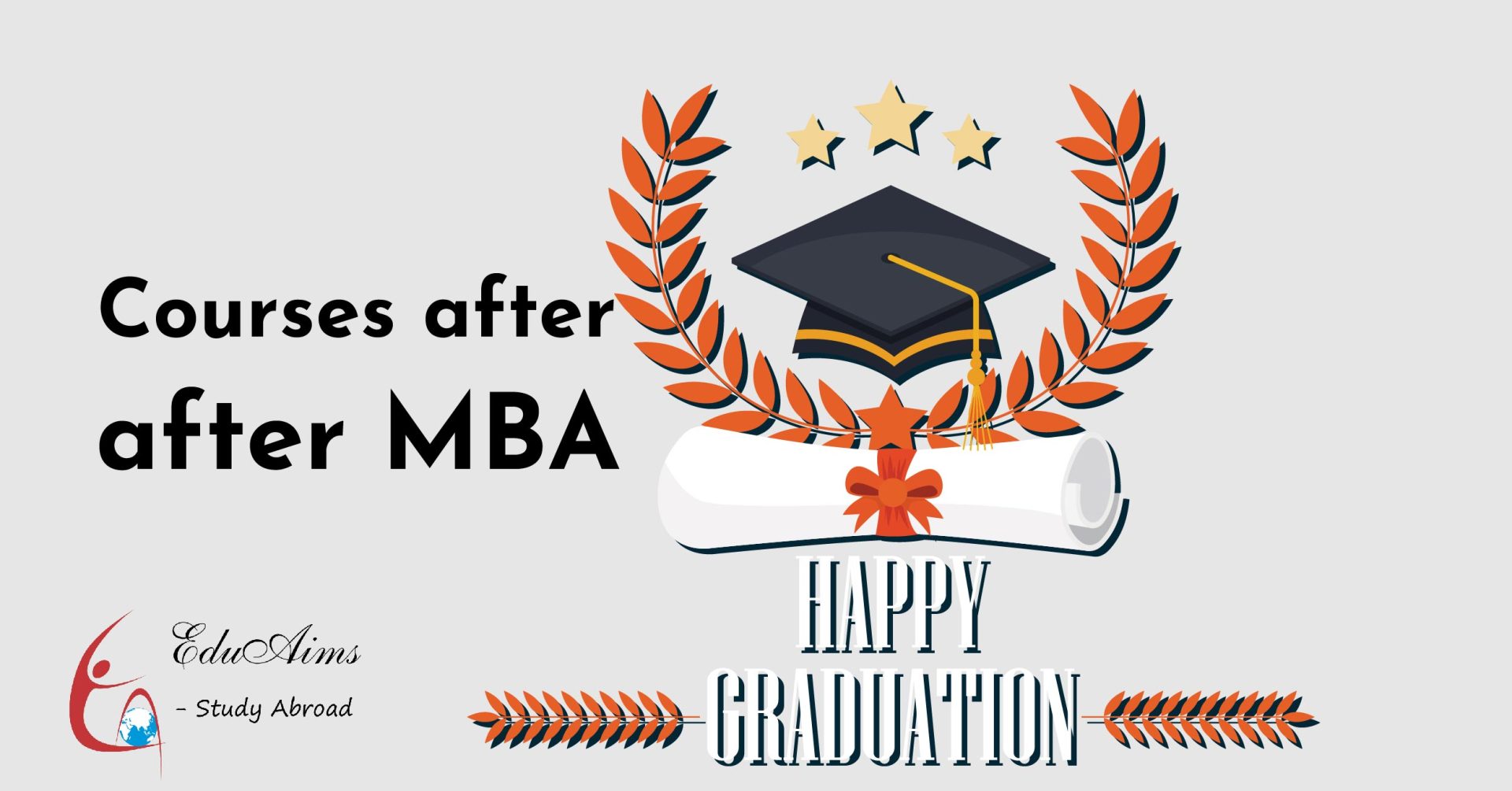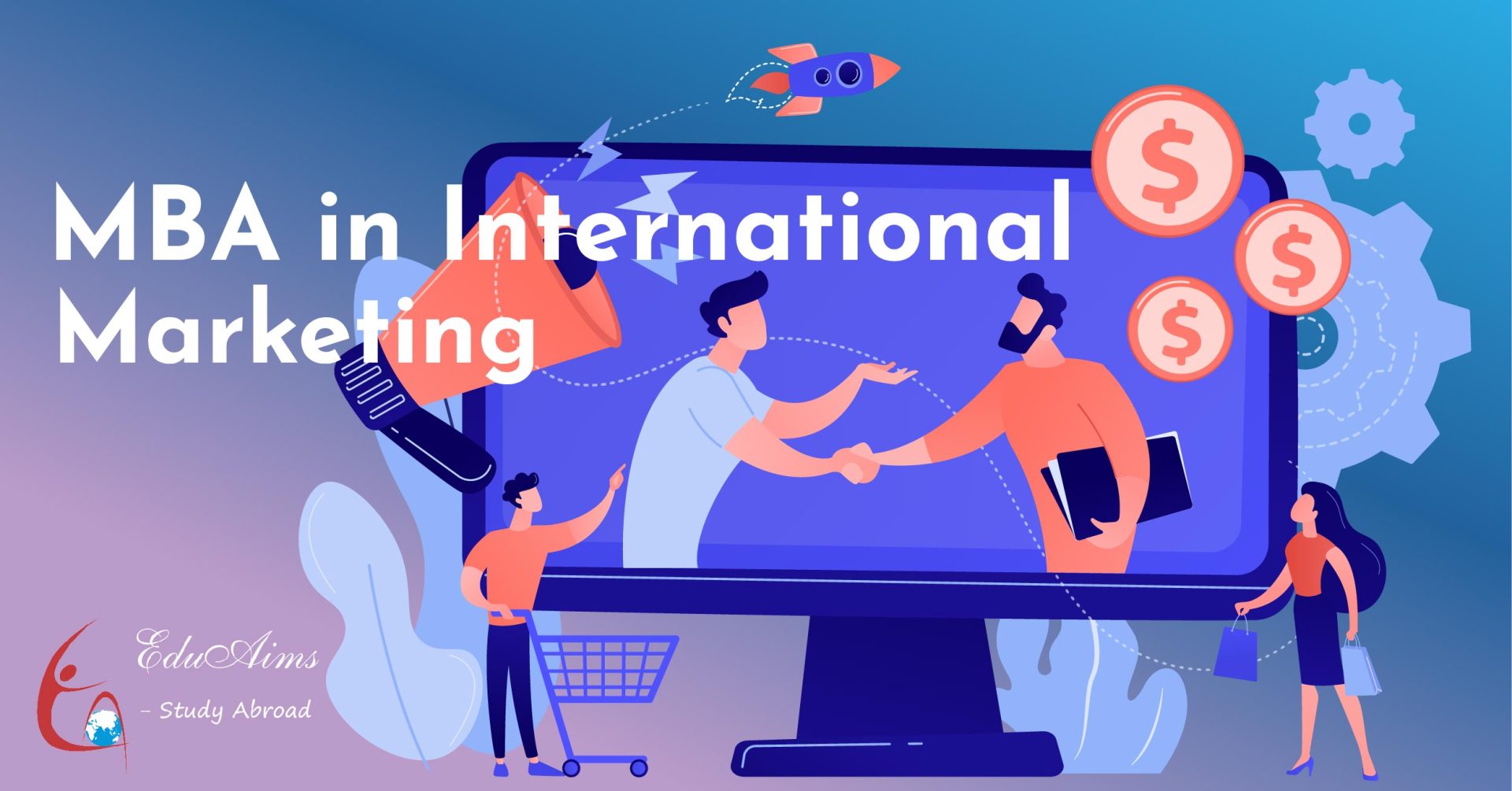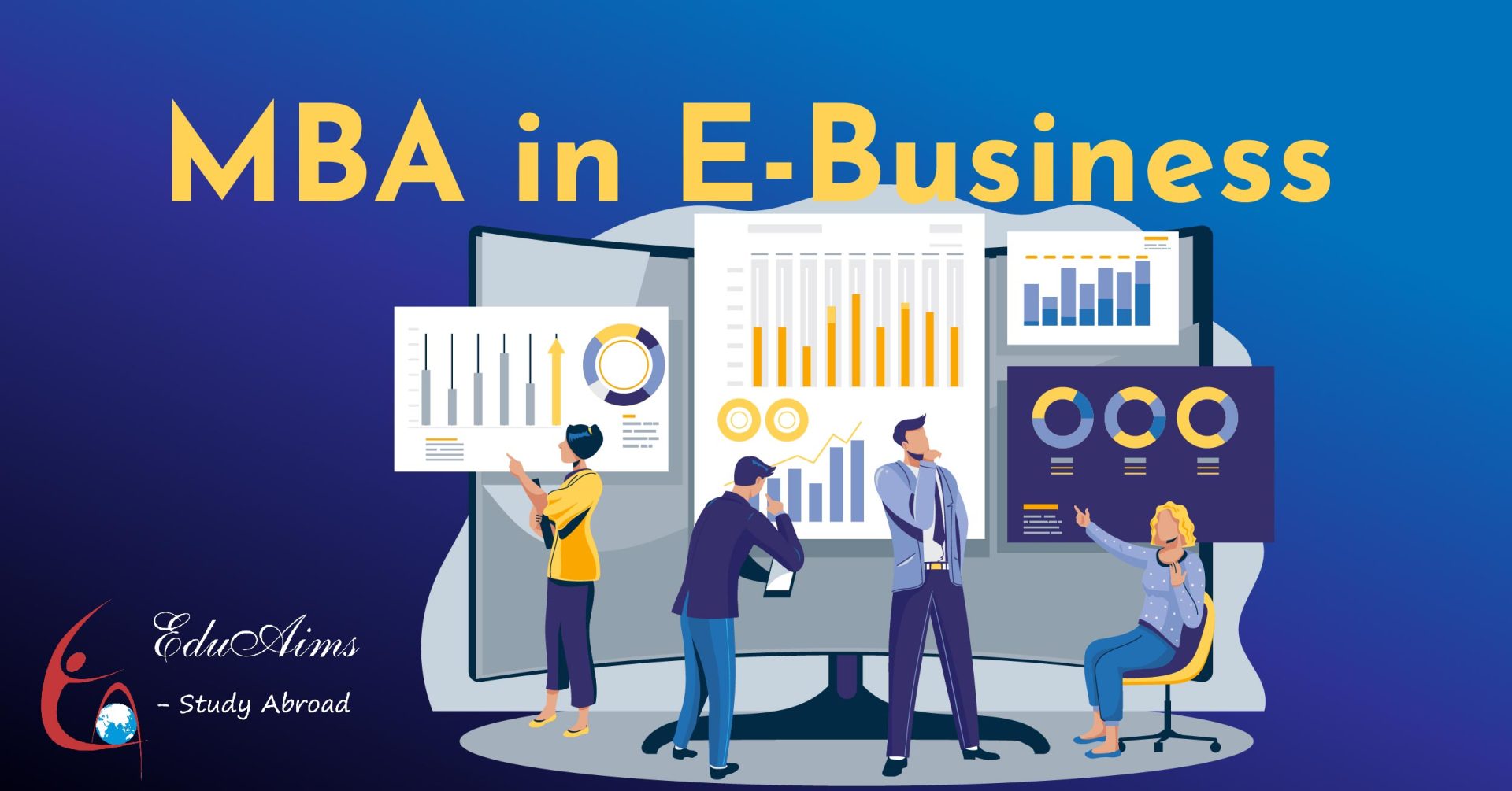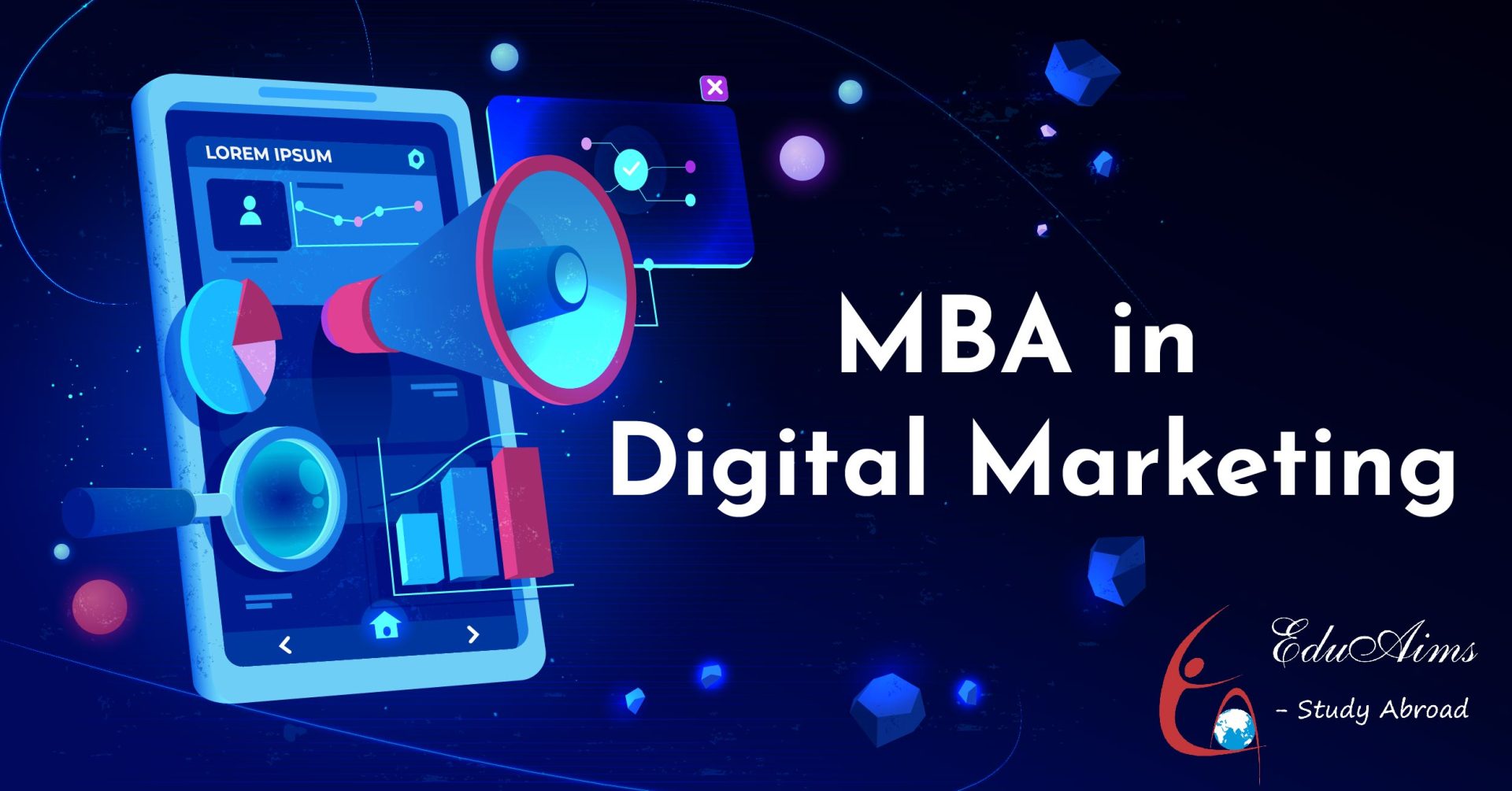Almost 50% of candidates who enroll in management programs belong to non-business backgrounds, says the Graduate Management Admission Council [GMAC], which organises the GMAT test. Pursuing an MBA after B.Sc PCM or other subjects such as MBA after B.Sc nursing or even MBA after B.Sc agriculture is not so uncommon as it is thought. Many B-Schools offering management programs around the world, prefer, to have a diverse classroom with students from different and varied backgrounds. Therefore, if you feel that an MBA course after a BSc degree helps in the advancement of your career, there are innumerable options for it, and in this article, we will be presenting a few of the best ones.
Why go for an MBA after BSc
- Flexibility: An MBA course has stretchable eligibility conditions and is also quite fluid with its course requirements providing students abundant career pathways according to their interests and objectives. For instance, an MBA in Finance has other sub-streams such as Insurance, Business Analytics, Banking, Behavioural Finance, Financial Management, Risk Management etc. which you can pursue.
- Analytical Advantage: If you wish to pursue an MBA after B.Sc PCM, you will have an edge over others in terms of analytical knowledge and skills. Familiarity with mathematical and statistical tools helps not only during the course but also in landing top-level executive jobs along with greater financial rewards.
- Inventive Teaching Tools: The course curriculum and classroom teaching tools used by MBA professors and departments are not designed keeping in mind just business students but rather for candidates from all backgrounds. This includes methods such as case studies, workshops, project-based learning, mentorship, capstone projects and so on.
- A plethora of Dual Degrees: In case you wish to continue in your current discipline and pursue a management degree alongside it, there are a plethora of joint and dual degree options available. These degrees combine two disciplines, for instance, MSc in Public Policy and MBA in Finance or MSc Chemistry and MBA in Public Health, amongst others.
- Job Market Edge: Organisations appreciate MBA graduates who have a background in sciences and related fields as they offer a different, more analytical perspective, working with creative solutions to problems of modern businesses. In addition to substantial financial compensation, you will get a chance to be one-on-one with challenging business decisions.
- Opportunities in Policy Making: Policymaking departments of governments, such as health communication, public relations etc., research organisations and think tanks also are greatly interested in hiring MBA graduates who come from the sciences. Policymaking jobs are quite demanding and require someone with a solid grasp of, say economics as well as business processes.
MBA after BSc: The Pathways
Irrespective of if you wish to do an MBA after B.Sc PCM or MBA after B.Sc Life science or even MBA after B.Sc biotechnology, there are four ways you can go about it.
- Either you stay in your field, for instance, if you belong to the Physics field, you can choose to go for a Master’s degree in Applied Physics. Remember, MBA programs in core academic fields like physics, chemistry, etc., are not typically offered.
- Or, you can move onto interdisciplinary fields which combine two disciplines, such as Public Policy, Public Health, Scientific Communication, etc. These are quite analytical fields and the level of familiarity in mathematical tools and resources come to great use.
- As mentioned in the previous paragraph, dual degree options are a great way to work towards two disciplines. For example, MS in Biology/MBA or MA in Energy & Environment/MBA Dual Degree.
- Lastly, you can shift your field and move onto more mainstream MBA fields such as MBA Business Analytics, MAB Finance, MBA International Business, MBA Marketing, etc.
Book Free 15 Min Guide from our Experts
MBA after BSc: Top Options
Here are some of the mainstream as well as unique MBA specialisations that are on offer at universities around the world.
| MBA Business Analytics | MBA Human Resource Management | MBA Petroleum Management |
| MBA Fashion Management | MBA Media Management | MBA Aviation |
| MBA Event Management | MBA Insurance and Banking | MBA International Business |
| MBA Hotel Management | MBA Digital Marketing | MBA Sports Management |
| MBA Operations | MBA Strategy | MBA Consulting |
| MBA Marketing | MBA Information Technology | MBA Communication |
| MBA Construction Management | MBA E-Business | MBA Arts and Culture Management |
| MBA Entrepreneurship | MBA Engineering Management | MBA Rural Management |
| MBA Sales | MBA Hospitality Management | MBA Healthcare Management |
| MBA Supply Chain Management | MBA Finance | MBA Accounting |
| MBA Product Management | MBA Interior Designing | MBA Disaster Management |
Universities for MBA after B.Sc: USA
Here are a few universities in the USA that offer sciences-related programs of MBA after B.Sc PCM. This will also come of use if you wish to pursue an MBA after BSc computer science, MBA after B.Sc life science and MBA after B.Sc biotechnology, amongst others.
| Course | University | Location |
| PhD in Biomedical Science/MBA | Texas Tech University | USA |
| MBA/MS in Biotechnology MSc in Applied Physics | Johns Hopkins University | USA |
| MS in Computer Science/ MBA MSc in Applied Physics | Stanford University | USA |
| MS in Computer Science/ MBA | University of California, Los Angeles | USA |
| Doctor of Veterinary Medicine/MBA MSc in Medical Physics | University of Pennsylvania | USA |
| MBA/MS in Bioengineering | University of Colorado-Boulder | USA |
| MS in Environmental Engineering/MBA | University of Tennessee | USA |
| BS/MBA in Business of Science | Adelphi University | USA |
| MBA/MS in Gerontology | University of Southern California | USA |
| MA in Energy & Environment/MBA Dual Degree | Boston University | USA |
| MBA/Master of Computational and Applied Mathematics MBA/Master of Materials Science and Nanoengineering | Rice University | USA |
| MS in Biology/MBA | Stern School of Business, New York University | USA |
Universities for MBA after B.Sc: Other Countries
Apart from the above universities, here are some that are located in other countries if you are interested in MBA after B.Sc Agriculture, MBA after B.Sc Nursing or MBA after B.Sc Life Sciences, amongst others.
| Course | University | Location |
| MBA with Specialisation in Natural Resources, Energy and Environment MBA with Specialisation in Public Policy in Management MBA/Master of Forestry MBA/Masters in Agriculture | University of Alberta | Canada |
| MBA for Healthcare and Life Sciences MSc in Astronomy and Astrophysics MSc Physics | University of Toronto | Canada |
| MS [Minerals and Energy Economics]/MBA | Curtin University | Australia |
| MBA International Minerals Resources Management | University of Dundee | UK |
| MBA [Marine Environment and Management] | University of Tasmania | Australia |
MBA after BSc abroad: The Elite B-Schools
In addition to the above options, here are some of the elite B-Schools around the world which offer traditional as well as unique options of MBA after B.Sc PCM, MBA after BSc computer science, etc.
- Harvard Business School, Harvard University, USA
- Sloan School of Management, MIT, USA
- Stanford School of Business, Stanford University, USA
- Wharton School, University of Pennsylvania, USA
- Booth School of Business, Chicago University, USA
- Kellogg School at the Northwestern University, USA
- Columbia Business School, Columbia University, USA
- Queen’s School of Business, Queen’s University, Canada
- University of Toronto: Rotman School, Canada,
- Desautels School, McGill University, Canada
- The University of Sydney Business School, Australia
- Melbourne Business School, Australia
- London Business School, United Kingdom
- University of Oxford, UK
- London School of Economics & Political Science, United Kingdom
MBA after BSc abroad: Eligibility
To apply for an MBA after BSc programs at foreign universities, there are some directions you will be expected to follow which have been listed out in the following points. The conditions are subject to alteration pertaining to the university, department, location and MBA course structure.
- Equivalent qualifying degree in a relevant discipline, for instance, for an MBA after B.Sc Biology, you must have a ‘Bachelors of Science in Biology. A background related to what you are applying for is strongly recommended as science-based fields usually do not encourage shifting. However, non-science-based fields don’t have this condition.
- Minimum marks in the qualifying degree. Normally it is based on 10 pointer scale or on a 4 pointer scale. Don’t convert yourself, though.
- An eligibility condition usually recommended for an MBA degree is to have close to 1-3 years of relevant experience. This is not mandatory as lots of universities offer MBA without work experience as well and so, refer to university recommendations.
- Scores of GRE/GMAT exam, if required. For an MBA program application, GMAT is generally recommended though GRE is also extensively accepted at a lot of universities.
- IELTS/TOEFL/PTE exam scores: Indian applications are typically required to have these scores as proof of English speaking proficiency. Earning a 7+ band score is usually enough to clear the eligibility criteria, though check the guidelines carefully beforehand.
MBA after BA abroad: Application
The primary admissions cycle typically begins in mid-September/October and ends in mid-February/March of the subsequent year. There are secondary admissions cycle as well which start around January. Keep checking university websites.
- As mentioned above, fulfil the basic eligibility requirements [Equivalent and relevant qualifying degree, industry experience, etc.]
- File in your scores of GMAT/GRE along with IELTS/TOEFL/PTE scores [as required].
- Application Set [Passport, Curriculum Vitae/Resume Statement of Purpose/Personal Statement/Statement of Intent, Two/Three Letters of Recommendations, College Transcripts, Experience Letter (if required), Financial Support Statement/Funding Essay (if applying for scholarships/funding), etc.]. Make sure you submit these through the procedures mentioned.
- Pay the given Application Fee to submit your application and save the acknowledgement for future reference.
- At the next phase, you may be asked to appear for a Personal Interview/Group Discussion/ Writing Task [if required]
- The admissions departments typically take around 2-3 months to review and confirm, waitlist or reject usually.
- Deposit the Tuition Fees or Blocking Fees and submit the Student Permit Application.
MBA after BSc: How to Make the Decision?
- While we have made it quite clear that you have abundant opportunities for MBA after BSc and in various disciplines, it is extremely crucial that you evaluate your long term objectives against the advantages of the course.
- Whether you wish to make a career in academics or the corporate sector?
- In turn of an MBA, whether a PhD course comes more in line with your goals?
- Are you equipped to bear the tuition fees, living costs of an MBA program? MBA courses are one of the costliest in the world. From where, loan, scholarships or self-funding?
- Whether a Certificate/Post Graduate Diploma/Specialised Training Courses serves your interests better or not.
MBA after BSc: Frequently Asked Questions
- Pursuing which field in MBA is best after BSc?
Ans. As BSc courses have science or in other words technical backgrounds, one can go dual degrees as mentioned above or interdisciplinary fields such as public policy or Engineering Management and lastly, mainstream management fields like International Business, Foreign Trade, Finance, Risk Management, Insurance, Supply Chain Management, Business Analytics, Product Management, etc. Refer to MBA after BSc: The Pathways above for more information.
- What is the MBA after BSc salary?
Ans. While it is really difficult to pin down the actual MBA after BSc salary, it must be said that MBA graduates are one of the highest-paid professionals in the world. For instance, an MBA graduate of the University of Chicago earns $200,000 per year as per FT Global MBA Rankings 2021.
- Is MBA tough for BSc students?
Ans. NO. Rather, pursuing an MBA after B.SC PCM or MBA after MBA after B.Sc biology gives you an edge over other candidates when it comes to mathematical tools.
- Which MBA after BSc physics is best? /Which MBA after B.Sc Biology is best? / Which MBA after BSc Computer Science? /Which MBA after B.Sc Chemistry?
Ans. This depends on your interests and long-term objectives. There are innumerable options of MBA after BSc physics, MBA after B.Sc Biology, MBA after BSc Computer Science. Refer to the above article for a detailed analysis.
We hope that reading through this article would have helped you in analysing the different aspects of pursuing an MBA after BSc program, the various types of courses on offer as well as the universities that are renowned for it. In the end, the choice of the course lies in your hands. Pick it only after careful analysis, consultation and review. Once you are sure, go for it. Best of Luck.


